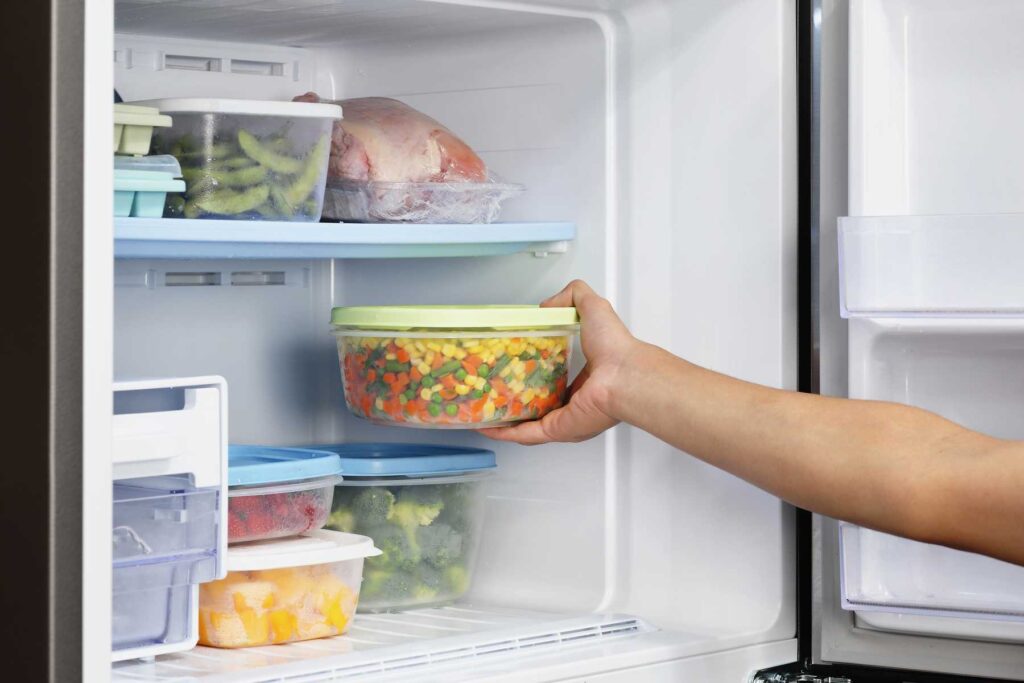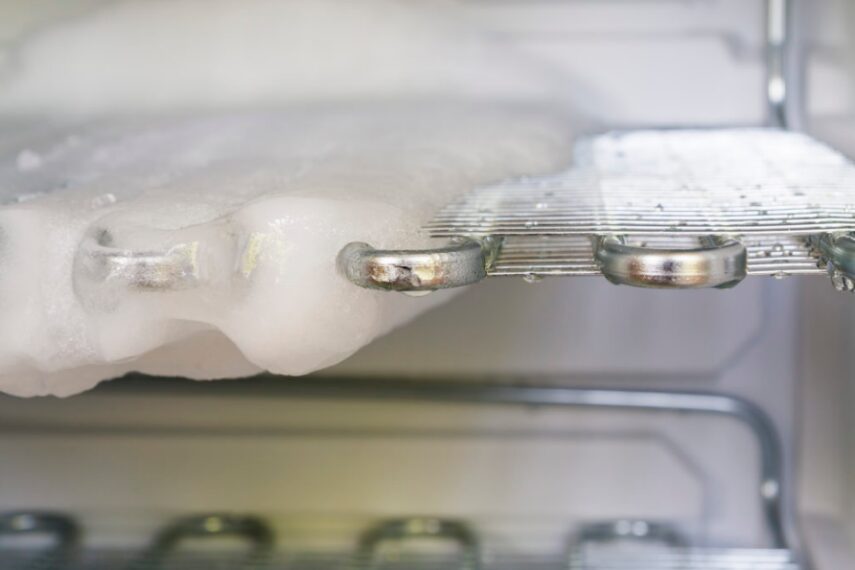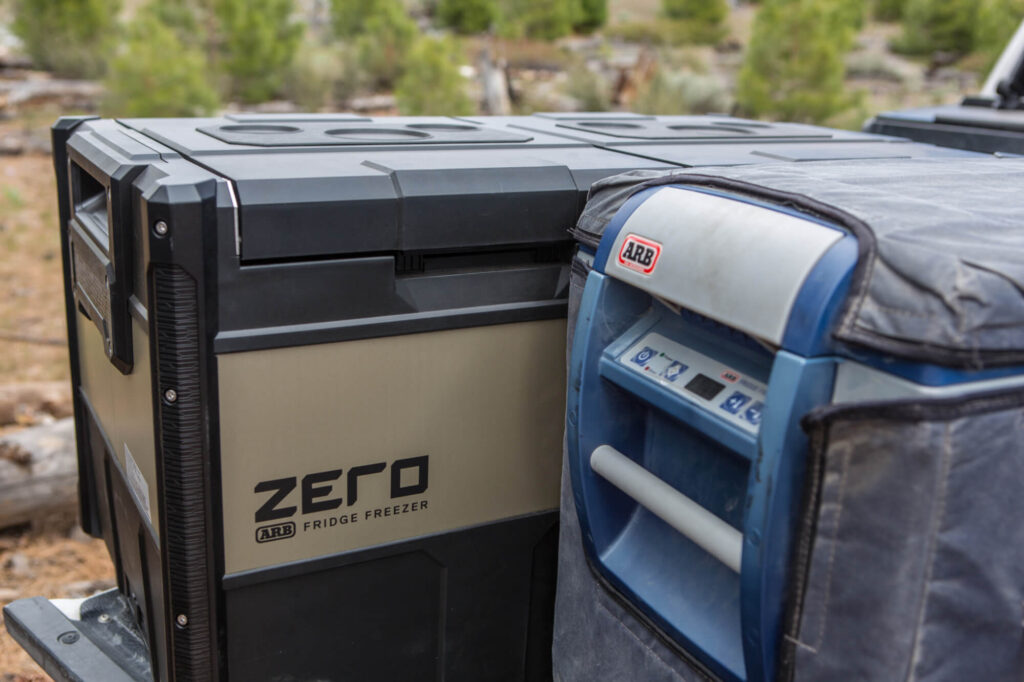If you are interested in RV camping, you must be familiar with the things you must have inside your RV before you go to one. One of the things that you should have to ensure a comfortable, less hassle trip is to have a refrigerator with you right inside your vehicle.
The rvcamping.com website can be of great help to you if you think of buying one since they provide good product reviews about the best refrigerators there are in the market. With their thorough product comparisons, you can decide what the most suitable one to purchase is. You will then worry no more about the foods you want to carry because you have safe storage for them that will keep them from spoiling regardless of how long your vacation will be.
RV Refrigerator Maintenance Tips
After you bought your new RV refrigerator, the next thing to do is know how you will maintain it and keep it as long as possible. But how can you do that? Read on.
Park on level ground

To ensure that your refrigerator functions well and its mechanisms are operating correctly, it must be in a level position. It is a must. If your fridge is tilted at approximately 3 degrees or more, it may cause more energy consumption, less efficiency, and worse, damage to the unit.
To avoid that situation, learn to park on level ground. If you are a newbie RV camper and driver, you may opt to use a bubble level tool. It will let you know whether you parked your vehicle right or not.
Always keep it clean.
There is nothing more trivial to maintain appliances like refrigerators than keeping them clean and free from dirt. Perform regular cleaning as frequently as possible because foods are what you put inside it.
For proper cleaning of the exterior of your refrigerator, wipe it with a soap-water solution. Clean up the side and roof vents and the door seals or gaskets. For the condenser coils, brush away or vacuum the accumulated dust. On the other hand, clean the inside of your refrigerator with non-scratch scour pads and all-purpose spray cleaner. Do not let spilt foods or drinks stick to the surface and drawers of your fridge. Scrub them immediately to avoid mold growth that can cause allergic reactions. Since refrigerators are prone to molds and mildews, make sure to always sanitize them with bleach or other disinfectants that do the same job.
Do not put hot food inside.

Putting hot dishes immediately inside your fridge makes it work harder than usual, resulting in higher energy consumption. You don’t want that if you are on a vacation trip and have limited energy sources. It will also cause the foods to lose their nutritional contents and get spoiled, affecting the other perishable goods inside. If you are going to put dishes inside your RV fridge, ensure that its warmth is at least at room temperature.
Always keep the door shut.
Your refrigerator is not a television screen for you to stare at for an extended time. Limit the time that it is open because it is such a waste of energy. The warm air from your RV gets into the fridge, and your compressor has to restore its temperature to its normal state, thus consuming more energy than it used to. Keeping its door shut all the time is environment-friendly, conserves electricity, and lengthens your fridge’s lifespan.
Defrost from time to time or when needed

Because all refrigerators tend to build up frost in no time, defrosting is advisable, especially when the ice formation is already at least 3 mm thick. Commonly, Rvers defrost their refrigerators by plugging them out, leaving them open, and letting the ice melt by itself.
However, there are some quick ways to defrost it. Other people put absorbent towels or thick cloth sheets inside and then use a hairdryer to liquefy the ice build-up quickly. You can also place bowls of warm water inside ( but not immediately after boiling) to aid in defrosting. But no matter how in a rush you are, never use an ice pick or any sharp objects in getting rid of the ice as it may lead to damaging your freezer.
Install a small battery-powered fan
To further maximize your RV refrigerator’s efficiency and cooling capability, you may opt to install a small battery-powered fan. It will help maintain the temperature inside and regulate airflow. It can also be installed to cool off the compressor and improve the efficiency of the refrigerator.
Monitor its temperature

Monitoring your RV refrigerator’s temperature is a must because it determines whether it is in good condition or not. You will know if it does not cool the insides enough and make you aware that there is something wrong with your fridge. This way will push you to perform preventive maintenance and recognize the reason behind the problem. You can use the standard refrigerator thermometers or switch to more advanced apparatuses like temperature sensors and digital types.
Stack the food nicely and in well-insulated containers
If you pack your foods, especially those with soups, in well-insulated food storage and stack them nicely, you can avoid spillage when driving your RV. Spilled foods and liquids can be so annoying when you’re cleaning your fridge instead of doing outdoor activities. It can also lead to mold build-ups, which is indeed another hassle to clean up.
How long does the RV refrigerator last
When do you know if it’s time for your RV refrigerator to be replaced already? Well, typically, an RV fridge has a lifespan of 15 years. Depending on how you maintained it and kept it well, it can even last for more years than you expected it. But, of course, there are times that it gets worn out even before its service life because of frequent use, mishandling, and other human errors. So to make sure that your fridge lasts for an extended time, take note of all the tips we mentioned above and learn some fundamental troubleshooting. It will surely save you a lot of money, time, and stress.
Conclusion
We all want to make the most of our money earned, specifically when we invest in things we use. And for you to further ensure that the fridge you bought will be utilized the longest time possible, maintaining it, keeping it clean, and storing it in a safe place inside the RV are the little things that can do wonders for you.
Related Posts:
- Eating Foods Maintain Good Health And Control Your…
- Tips for Using Your Essential Oils in Your Daily…
- 6 Essential Things to Bring on Your First Hunting…
- Your Essential Guide to TikTok Fame (2024)
- How to Choose the Right Photo for Your Portrait -…
- How to Keep Your Dog Happy and Healthy - Essential Care Tips







